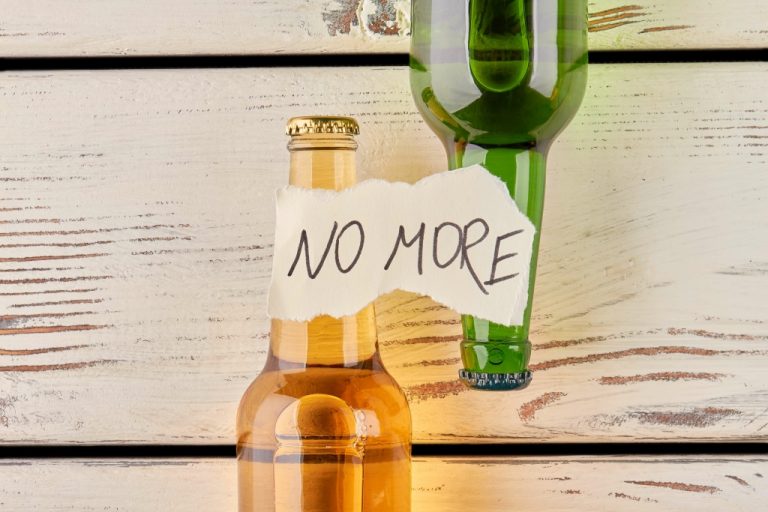Overcoming Cognitive Dissonance in Addiction Recovery
Understanding the 3-Way Matching Process in Accounts Payable
September 28, 2021Ценные бумаги и операции с ними МТС Поддержка
October 26, 2021The subconscious mind resolves cognitive dissonance by changing the individual’s perception of reality to restore balance as a mental defense mechanism. By mastering these principles, individuals can enhance their interactions, leading to a more positive environment. Discover the outcomes of MAT for addiction treatment and the path to an opioid-free life in Kansas. Explore essential steps of recovery to rise stronger, overcome challenges, and maintain a successful journey.
Breaking Barriers: Cognitive Dissonance Therapy in Sober Living at Eudaimonia Recovery Homes
The focus of CBT is manifold and the focus is on targeting maintaining factors of addictive behaviours and preventing relapse. Relapse prevention programmes are based on social cognitive and cognitive behavioural principles. More recent developments in the area of managing addictions include third wave behaviour therapies. Third wave behaviour therapies are focused on improving building awareness, and distress tolerance skills using mindfulness practices. His primary strengths include clinical insight into substance abuse/mental health, hard work ethic, and ability to work well under pressure. Practicing https://bozidesign.co.uk/2020/11/02/10-reasons-why-alcohol-ruins-relationships/ mindfulness within the sober living environment enhances emotional resilience and focus.

The Role of Dialectical Behavioral Therapy in Treating Substance Abuse
- Christina has volunteered for many years with Flying Doctors, a humanitarian group that provides health services to underdeveloped areas in Mexico and Central America.
- This can help be able to detect any underlying mental illness that can be a major contributor to someone’s addictive behavior.
- It is what helps you justify and make sense of your abuse of your drug of choice.
- If cognitive dissonance fueled your self-destructive behavior, adding cognitive behavioral therapy to your treatment plan can help.
In these programs, individuals can develop positive coping skills with the tools necessary to maintain sobriety. We also include supervised, short-term housing to provide support for newly sober individuals. By promoting awareness of thoughts and emotions without judgment, mindfulness helps clients navigate conflicting feelings and make intentional, value-driven decisions. A sober living community is a drug- and alcohol-free residential environment designed to support people in recovery as they transition back into everyday life. Unlike rehab, which is more structured and treatment-focused, sober living homes offer residents more freedom while maintaining a supportive and accountable atmosphere.
The Recovery Pathways: How to Choose the Right One For Your Needs
For people struggling with substance abuse, it is a long journey from addiction to recovery. As you look for solutions for yourself or a loved one, you may come across the idea of sober living. Stress is something we all have and it’s something that we all have to learn how to deal with. And when it comes to addiction recovery and long-lasting sobriety, it is vital that a person learns healthy ways to deal with their negative emotions.


Moreover, conflict resolution allows individuals to model positive behavior for peers, especially in recovery settings. Sharing experiences and strategies reinforces connections, creating a community that nurtures sobriety. Effective communication strategies, such as amphetamine addiction treatment using ‘I’ statements, empower individuals to maintain their boundaries while fostering understanding.
- You may deal with this decision-making process by making your final decision look or feel better than it really was.
- Jesse considers the need for helping people with alcohol and drug use to be a personal mission and one that he feels is necessary within the current epidemic of use throughout the country and world.
- Moreover, conflict resolution allows individuals to model positive behavior for peers, especially in recovery settings.
Little do they know, cognitive dissonance and addiction overdose, coma, seizures, and death occur before finally deciding to get help. Cognitive dissonance creates a world for the addict where they can rationalize their need for the substance. This denial and rationalization are what they rely on to justify their continued bad choices. Matt supervises all the clinical staff at various levels of care, long-term & short-term residential and IOP (Intensive Outpatient), at multiple facilities.
